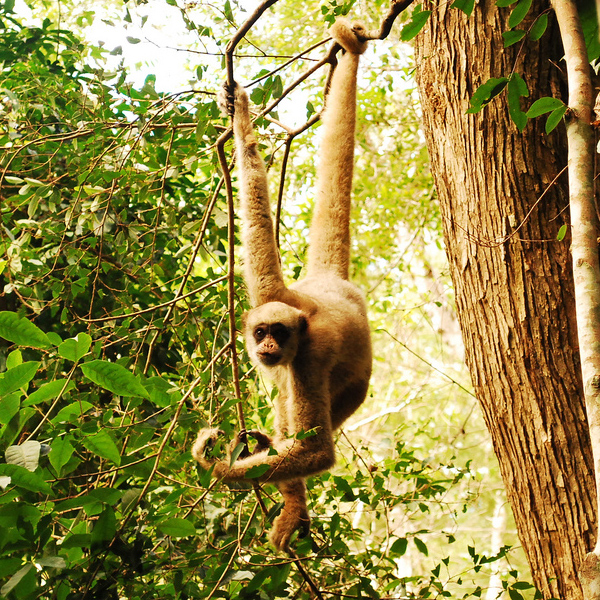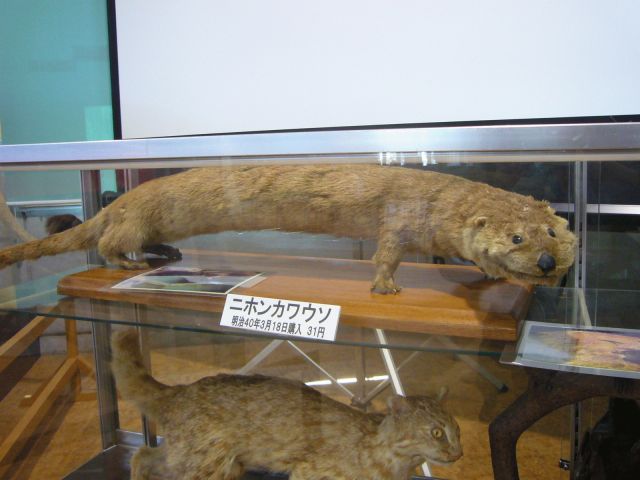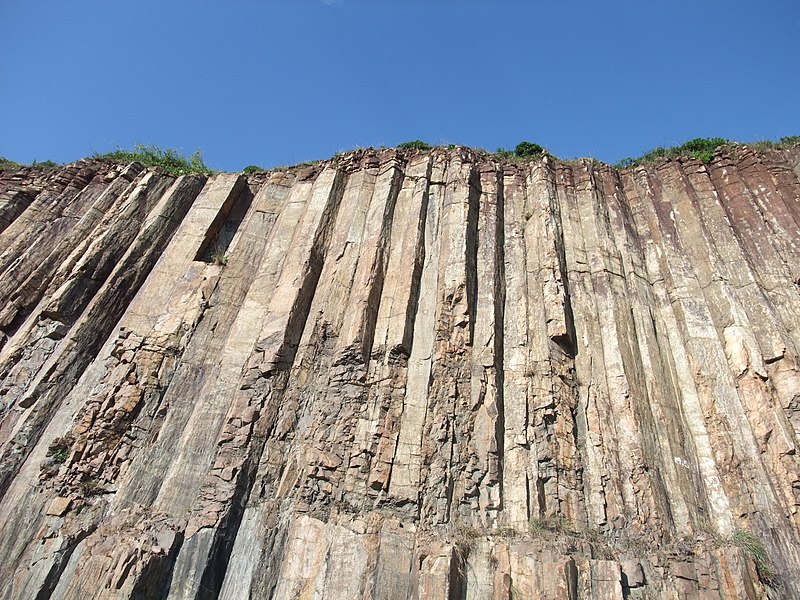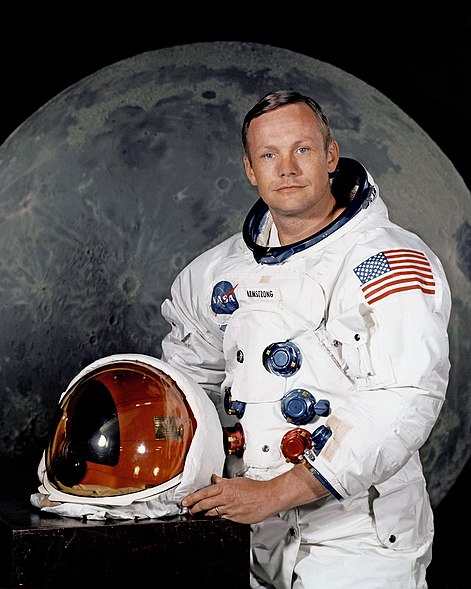What is the working title of your book?
ENDANGERED. This is actually the current working title of my book. It used to have a different title, but then I had a critique by an agent at an SCBWI conference. She not only hated my old title, but also explained why it would make it difficult for kids to find my book in libraries and stores. I could've lived with an agent hating the title. But kids not being able to find my book? That didn't sound good to me. Since I wasn't married to my old title, I immediately went about coming up with a new one.
This new title is growing on me. I'm not in love with it, though, so I don't think I'll have trouble changing it again in the future if my publisher wants something different. You know, my imaginary publisher. *gazes wistfully*
Where did the idea come from for the book?
It came to me as I drove from NYC to Boston over three years ago for a job interview (for a job I ended up getting, and for a place I still work for today!). I wanted to write something that would get kids interested in protecting the planet, and tried to think back to what kind of fantasies I had as a kid for inspiration. My biggest fantasy (the one I acted out in my head on long car drives when I was around 8-10 years-old) was finding an abandoned animal by the side of the road. In my fantasy, I'd yell, "STOP THE CAR!" and we'd pull over and there'd be some animal in a box and I'd have to take it home and care for it, because no one else would.
By the time I'd arrived in Boston that day, I'd not only come up with the premise for my novel, I'd come up with six of the characters. The premise shifted quite a bit as I started writing, but the characters have been the same since they landed in my brain three years ago.
What genre does your book fall under?
It's primarily adventure, though a fantastical element drives the plot, so it's also fantasy. There's mystery involved. Oh, and it's contemporary. My usual fallback description is MG Fantasy Adventure, though I always worry that isn't quite right.
Which actors would you choose to play your characters in a movie rendition?
I really have no clue. I don't know the names of most actors, and since my characters are kids, anyone who looks their age now would never look their age in a few years when this would be anywhere near the realm of possibility.
Once I saw a girl who was perfect for one of my main characters, though. She was standing on a street corner in the rain. I wanted to pull over and shout, "HEY! YOU NEED TO PLAY MADDIE WHEN THEY MAKE A MOVIE OUT OF MY BOOK!"
I decided against terrifying the child and just drove on. I did end up making cartoon versions of my main trio once on an online character creater, though:
 |
| Maddie, Hayden, and Liam. My main trio. |
What is the one sentence synopsis of your book?
When Maddie's Spirit Animal monkey gets sick it means woolly spider monkeys are about to go extinct, and although she's only in sixth grade, she must travel with wildlife Guardians to Brazil to save the species from poachers before it's too late.
Will your book be self-published or represented by an agency?
I won't self-publish it. I only want it out there if it'll be repped by an agent and published through traditional methods. I don't disagree with self-publishing, but it's not for me.
How long did it take you to write the first draft of your manuscript?
One month. November, 2009. I did NaNoWriMo for the first time ever that year, celebrating my new-found free time (grad school was finally over). I spent the next two years revising and rewriting, of course, but NaNoWriMo was a great way to push out a first draft.
What else about your book might pique the reader's interest?
MONKEYS! There are monkeys.
But if you're the type of reader who's looking for more than monkeys, you might also like to know that while the premise is about saving species, the focus is actually on my trio of main characters. I love writing middle grade precisely because of the internal journeys kids take at that age. For instance, out of my main trio, Maddie in particular faces many challenges beyond rescuing monkeys. Her biggest is overcoming peer ridicule and standing for what she believes in, despite everyone else in her life telling her she's crazy. It's her story of finding inner strength that actually keeps pushing me to get this thing published, more than the environmental aspect of it.
As another side note, I've actually written two sequels to this book already. But shh! Don't tell the agents. ;) ENDANGERED can stand alone just fine.
Now to play tag!
I tag Juliana Brandt, because her blog sometimes has adorable dog pictures in its posts and I'm hoping to see at least one pop up in this questionnaire (if she chooses to answer it).







